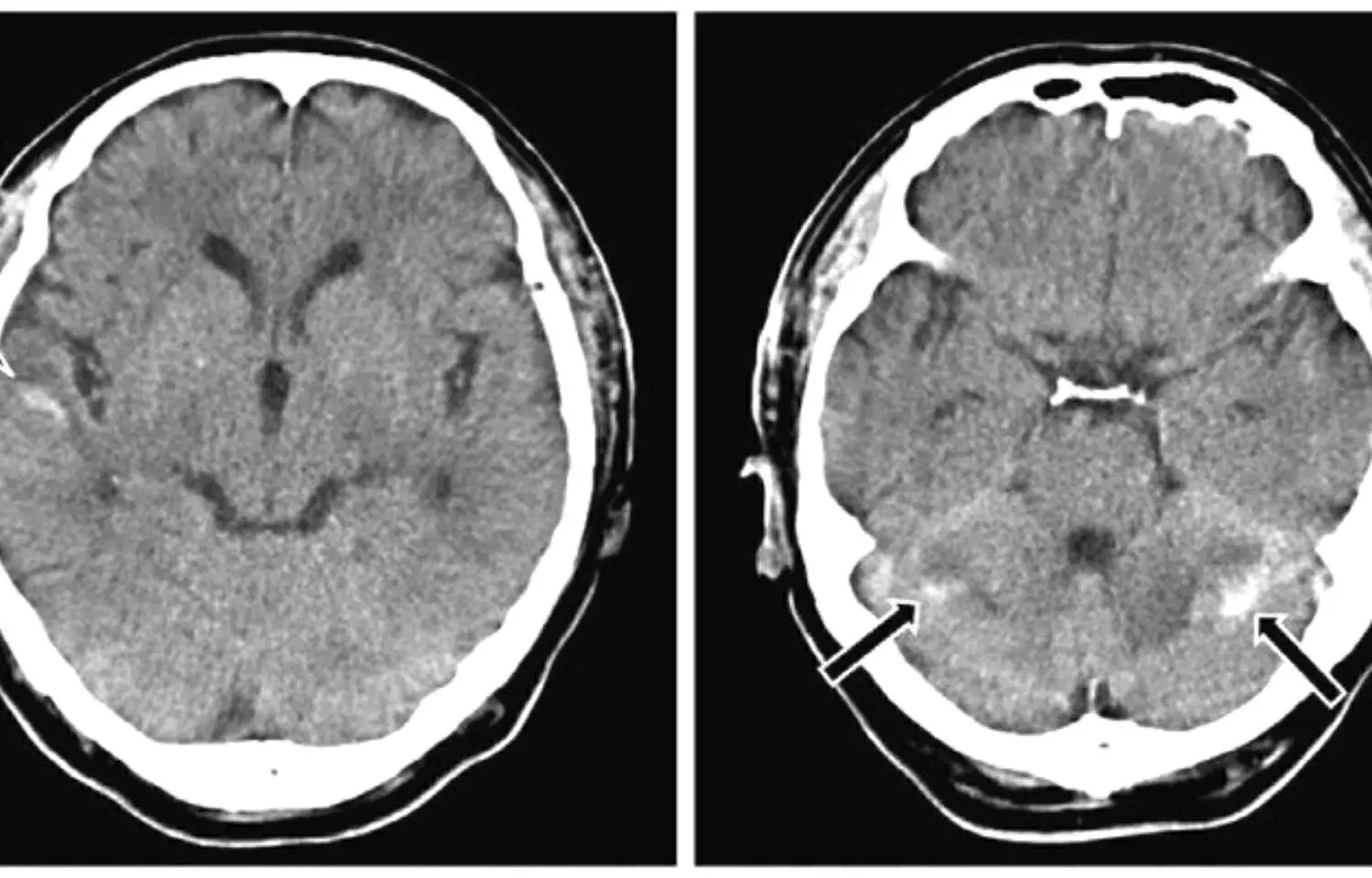- Home
- Medical news & Guidelines
- Anesthesiology
- Cardiology and CTVS
- Critical Care
- Dentistry
- Dermatology
- Diabetes and Endocrinology
- ENT
- Gastroenterology
- Medicine
- Nephrology
- Neurology
- Obstretics-Gynaecology
- Oncology
- Ophthalmology
- Orthopaedics
- Pediatrics-Neonatology
- Psychiatry
- Pulmonology
- Radiology
- Surgery
- Urology
- Laboratory Medicine
- Diet
- Nursing
- Paramedical
- Physiotherapy
- Health news
- Fact Check
- Bone Health Fact Check
- Brain Health Fact Check
- Cancer Related Fact Check
- Child Care Fact Check
- Dental and oral health fact check
- Diabetes and metabolic health fact check
- Diet and Nutrition Fact Check
- Eye and ENT Care Fact Check
- Fitness fact check
- Gut health fact check
- Heart health fact check
- Kidney health fact check
- Medical education fact check
- Men's health fact check
- Respiratory fact check
- Skin and hair care fact check
- Vaccine and Immunization fact check
- Women's health fact check
- AYUSH
- State News
- Andaman and Nicobar Islands
- Andhra Pradesh
- Arunachal Pradesh
- Assam
- Bihar
- Chandigarh
- Chattisgarh
- Dadra and Nagar Haveli
- Daman and Diu
- Delhi
- Goa
- Gujarat
- Haryana
- Himachal Pradesh
- Jammu & Kashmir
- Jharkhand
- Karnataka
- Kerala
- Ladakh
- Lakshadweep
- Madhya Pradesh
- Maharashtra
- Manipur
- Meghalaya
- Mizoram
- Nagaland
- Odisha
- Puducherry
- Punjab
- Rajasthan
- Sikkim
- Tamil Nadu
- Telangana
- Tripura
- Uttar Pradesh
- Uttrakhand
- West Bengal
- Medical Education
- Industry
Noncontrast head CT with AI helps to localize hemorrhage: Study

USA: The use of noncontrast head CT (NCCT) scans with an artificial intelligence (AI) algorithm may help clinicians to better identify, localize, and characterize intracranial hemorrhages (ICHs), says a recent study. The study was published in the the journal Radiology: Artificial Intelligence on April 20, 2022.
The retrospective study was conducted by Eli Gibson and colleagues to present a method that automatically detects, subtypes and locates acute/subacute ICH on NCCT and generates detection confidence scores to detect high-confidence data subsets with higher accuracy and improve radiologic worklist prioritization. Such score warrant clinicians for better use of AI tools.
The study included 46,057 studies from seven 'internal' centers for development (training/architecture selection/hyperparameter tuning/operating point calibration) (n = 25,946) and evaluation (n = 2,947) and three 'external' centers for calibration (n = 400) and evaluation (n = 16,764).
Development data was contributed by 'Internal' centers while 'external' centers did not. ICH and subtype presence (intraparenchymal/intraventricular/subarachnoid/subdural/epidural) and segmentations per case was predicted by deep neural networks. Two ICH confidence scores are discussed: a calibrated classifier (CC) entropy, and a Dempster-Shafer score (DS).
The study led to the following findings:
· The area-under-the-curve for ICH was 0.97 [0.97, 0.98] and 0.95 [0.94, 0.95] on internal and external center data, respectively.
· On 80% of the data stratified by CC & DS scores, the system improved the Youden's index for internal centers from 0.84 to 0.93 (CC) and 0.92 (DS), respectively, and for external centers from 0.78 to 0.88 (CC) and 0.89 (DS).
· Models estimated 27% (CC) and 27% (DS) and 25% (CC) and 27% (DS) decreases, respectively, in RTAT for AI-prioritized worklists with versus without confidence measures.
The authors concluded, "NCCT ICH detection with statistical confidence reliably detected and subtyped hemorrhage, identified high-confidence predictions, and improved worklist prioritization in simulation."
Reference:
The study titled, "AI with Statistical Confidence Scores for Detection of Acute/Subacute Hemorrhage in Noncontrast Head CT Scans," was published in the journal Radiology: Artificial Intelligence.
Dr Kamal Kant Kohli-MBBS, DTCD- a chest specialist with more than 30 years of practice and a flair for writing clinical articles, Dr Kamal Kant Kohli joined Medical Dialogues as a Chief Editor of Medical News. Besides writing articles, as an editor, he proofreads and verifies all the medical content published on Medical Dialogues including those coming from journals, studies,medical conferences,guidelines etc. Email: drkohli@medicaldialogues.in. Contact no. 011-43720751


